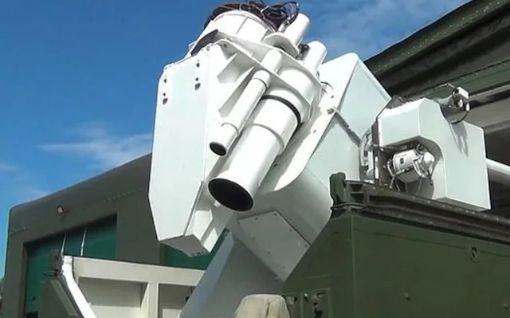Taipei/Washington: Ignoring China’s threats, the United States has decided to supply 400 anti-ship cruise missiles to Taiwan. As informed by the US State Department, $2.37 billion worth of Harpoon missiles will be provided to Taiwan. Only four days ago, the United States had announced plans to equip Taiwan with 135 air-to-ground missiles. China is shocked by the series of missiles supplied by the US to Taiwan and has warned of imposing sanctions on US defence companies.
 In recent months, the United States has stepped up its efforts to increase Taiwan’s defence capabilities. Just two weeks ago, the US State Department had approved the sale of new weapons to Taiwan. These included the HIMARS, the Slam-ER air-to-ground missiles, and the external sensor pods for the F-16 fighter jets. In August, the United States had signed an agreement to supply 66 advanced F-16V fighter jets to Taiwan as well. Also, Taiwan has stated that talks were underway for drones, smart mines and Paladin howitzers. Therefore, the decision to deliver Harpoon missiles is noteworthy.
In recent months, the United States has stepped up its efforts to increase Taiwan’s defence capabilities. Just two weeks ago, the US State Department had approved the sale of new weapons to Taiwan. These included the HIMARS, the Slam-ER air-to-ground missiles, and the external sensor pods for the F-16 fighter jets. In August, the United States had signed an agreement to supply 66 advanced F-16V fighter jets to Taiwan as well. Also, Taiwan has stated that talks were underway for drones, smart mines and Paladin howitzers. Therefore, the decision to deliver Harpoon missiles is noteworthy.
 Harpoon Block II is a subsonic anti-ship missile with a range of 280 km. The Harpoon can deceive anti-missile systems since it can strike from a very low altitude above the water. Along with the 400 missiles, the US State Department has also approved the sale of 100 system launcher units, 25 radar trucks and spares. Even though the United States provided missiles to Taiwan earlier, this is the first time that they have agreed to supply such a large number of missiles to Taiwan all at once. Analysts claim that Taiwan could build an effective defence wall against China on the strength of all the missiles it possesses – the previously supplied missiles, indigenous missiles and harpoons.
Harpoon Block II is a subsonic anti-ship missile with a range of 280 km. The Harpoon can deceive anti-missile systems since it can strike from a very low altitude above the water. Along with the 400 missiles, the US State Department has also approved the sale of 100 system launcher units, 25 radar trucks and spares. Even though the United States provided missiles to Taiwan earlier, this is the first time that they have agreed to supply such a large number of missiles to Taiwan all at once. Analysts claim that Taiwan could build an effective defence wall against China on the strength of all the missiles it possesses – the previously supplied missiles, indigenous missiles and harpoons.
Meanwhile, China is shaken by the back-to-back supply of weapons to Taiwan. China has now decided to target US companies as earlier warnings to the US seemed to have no effect. Chinese Foreign Ministry has warned of sanctions against the leading defence companies of the United States, viz., Lockheed Martin, Boeing and Raytheon. The decision was made to safeguard China’s national interests, said Foreign Ministry spokesman Zhao Lijian.
Click below to express your thoughts and views on this news:
| https://twitter.com/WW3Info | |
| https://www.facebook.com/WW3Info |










